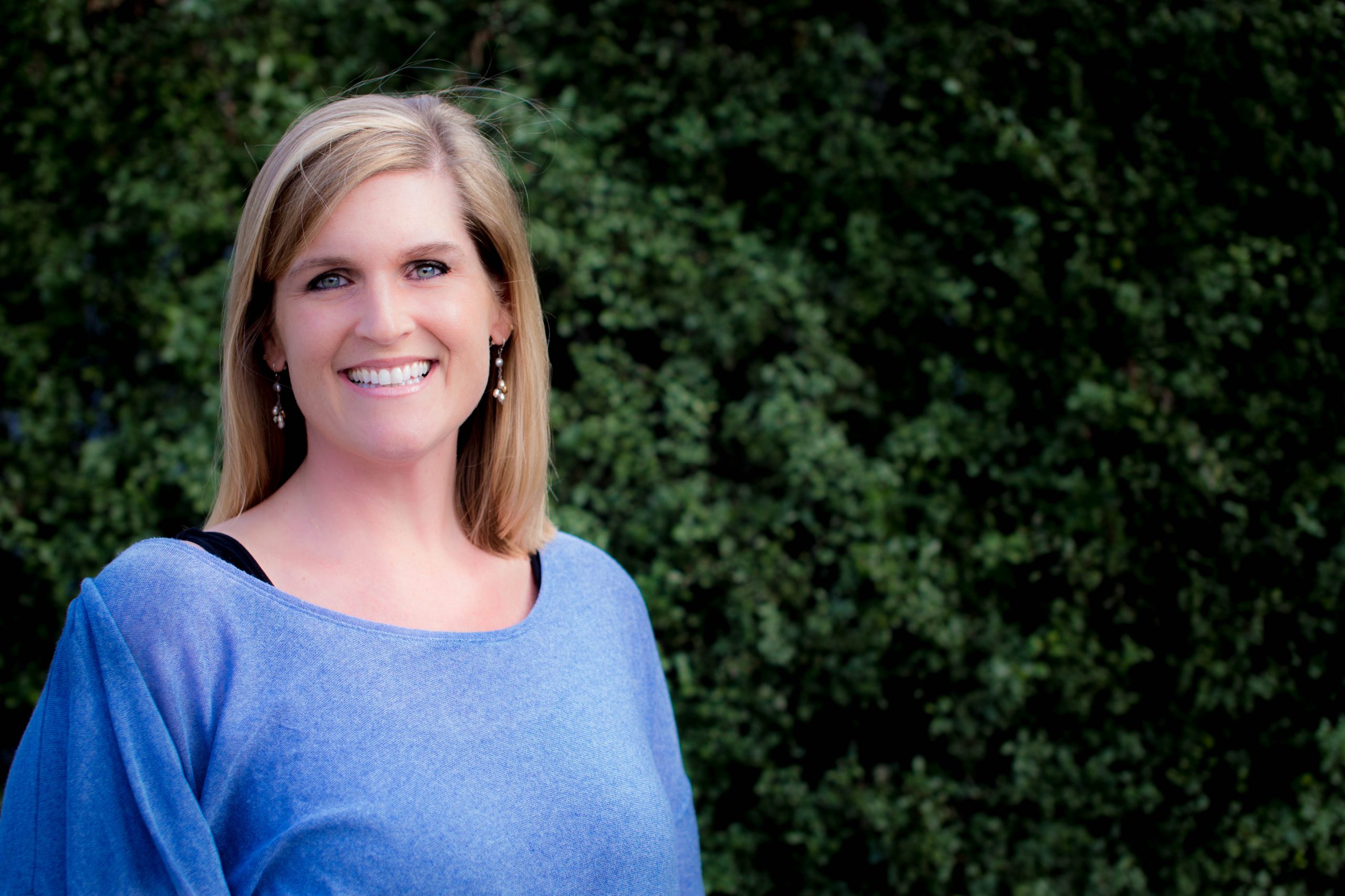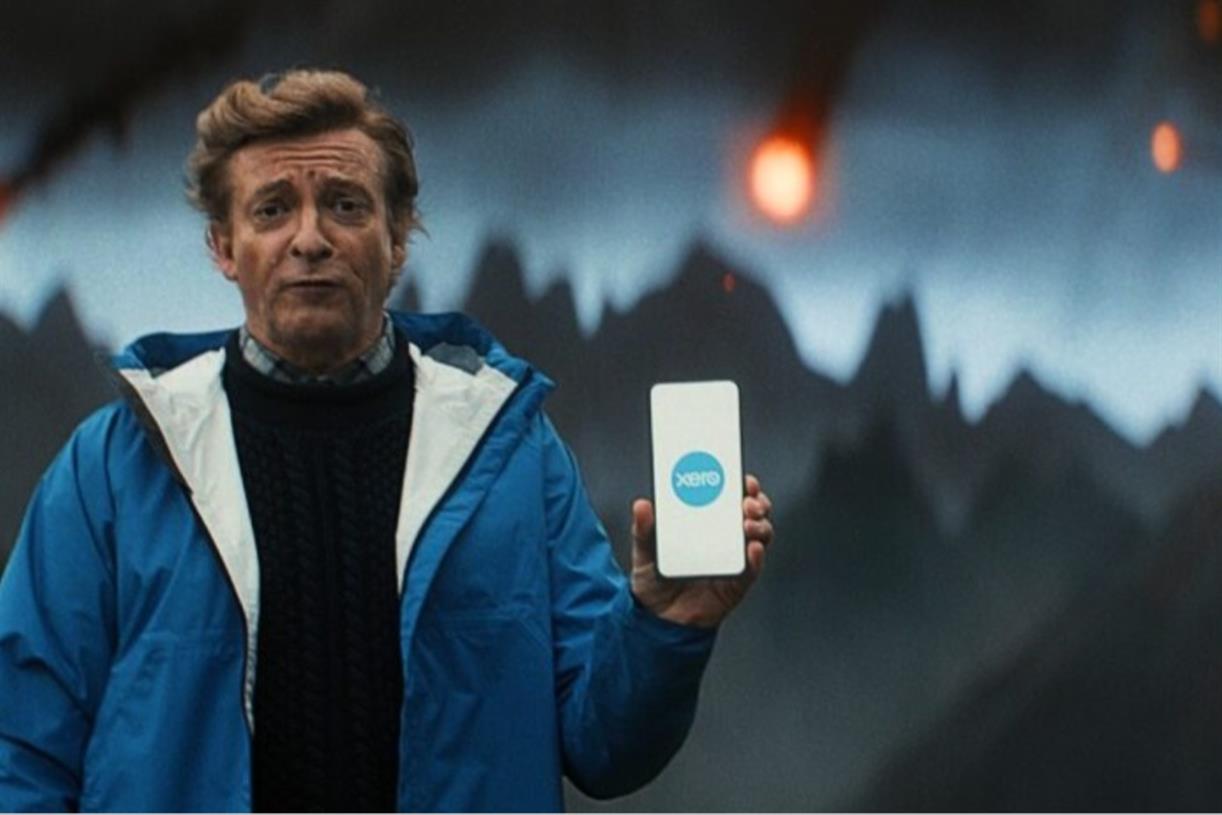A Fourth of July Teaching from Lama Tsony
What the Declaration of Independence reminds us about the Path of Awakening The post A Fourth of July Teaching from Lama Tsony appeared first on Tricycle: The Buddhist Review.

Trike Daily HolidaysTeachings
What the Declaration of Independence reminds us about the Path of Awakening
By Lama TsonyJul 04, 2022 Photo by Samuel Branch on Unsplash
Photo by Samuel Branch on UnsplashOn the Fourth of July today, I wanted to see how the value of the Declaration of Independence would merge with the Path of Awakening. I have two copies of the Declaration of Independence that I bought in Philadelphia from the printing press of Benjamin Franklin, the Franklin Court Printing Office. As a Frenchman, I was thinking about the philosophers of the Enlightenment and the discussion that Thomas Jefferson may have had with his friend Lafayette about the future of the nation. I like the way Thomas Jefferson said, “We hold these truths to be sacred and undeniable.” And when they were proofreading after that, Benjamin Franklin said, “self evident.”
What are they? You all know them, but first, that all sentient beings are equal. In a sense, they’re all endowed with buddhanature. There is no possible discrimination that can be made on that basis, whether you are a man or woman, this color or that color, that persuasion, or whatever. We’re all endowed with buddhanature. That’s the Buddhist way of naming it, and there are 10,000 ways of naming it, but the idea is that we are all equal, and for that we need to all be respected and to respect others.
The second point is that from this self-evident truth comes some realities, which are life, liberty, and the pursuit of happiness. We’re all endowed with the freedoms and the assets that allow us to follow the pursuit of happiness in both a material way and in a spiritual way. The path to awakening is this pursuit of happiness. But as Benjamin Franklin said in the Declaration of Independence, yes, but whether or not you’re going to reach it depends on you, your own zeal, and your own energy.
We all have buddhanature, but we still have a path to follow and efforts to produce. Why? Why can’t we enjoy the sort of natural gift that we have? It’s because there are a lot of veils.
One big veil comes from the king: the king of ego or ignorance.
Everybody has to work for the king, and if you get a little reward as you work for the king, you might think that this is OK. But if you think a little bit, you realize that the investment and the return on investment are not proportionate. You work a lot and you get crumbs that are of an impermanent nature for everything. There is a constant need to produce more to have less.
All your efforts go to England, and then they come back for you to buy with heavy taxes. If you’re from Boston, you have to take those boxes of tea—the kleshas—and toss them out in the harbor. Then you have to start a process that requires courage, because the king is not going to submit. This requires the Paul Revere of mindfulness. They’re coming! They’re coming! And they’re after you. So we need the courage that the patriots show in putting their actions where their words were and fighting. But unlike the War of Independence, the fight is inside. We’re not fighting without our enemies, we’re fighting with our own king of ignorance and our own servants of the king: the kleshas. All of this is just working to maintain a machine that produces only more unhappiness, complications, suffering, inequality and so on—everything against this self-evident truth.
So we have to practice a form of generosity in the sense that we have to surrender our greed. We have to become more patient, more resilient. We have to cultivate all of these so that once the king is gone, because he has been realized to be just a fruitless illusion, then we’re in touch with this buddhanature that is our innate right—the right to have a happy life in the sense that it is conducive to follow the path of liberty toward the realization of happiness, or enlightenment.
I will conclude by wishing you a happy fourth… paramita, which is joyful and enthusiastic effort in your practice.
♦

Get Daily Dharma in your email
Start your day with a fresh perspective

Explore timeless teachings through modern methods.
With Stephen Batchelor, Sharon Salzberg, Andrew Olendzki, and more
![]()
Thank you for subscribing to Tricycle! As a nonprofit, we depend on readers like you to keep Buddhist teachings and practices widely available.
This article is only for Subscribers!
Subscribe now to read this article and get immediate access to everything else.
Already a subscriber? Log in.

 Koichiko
Koichiko 































